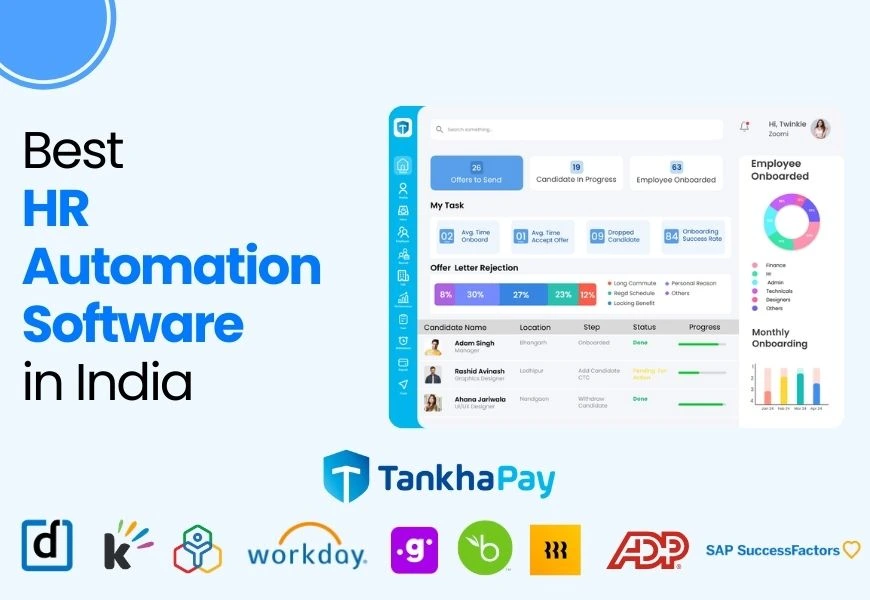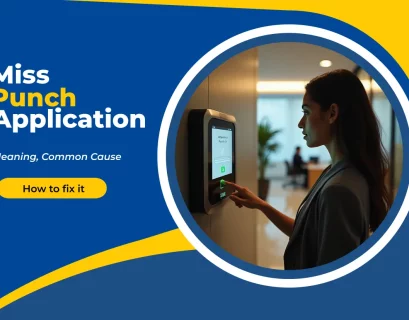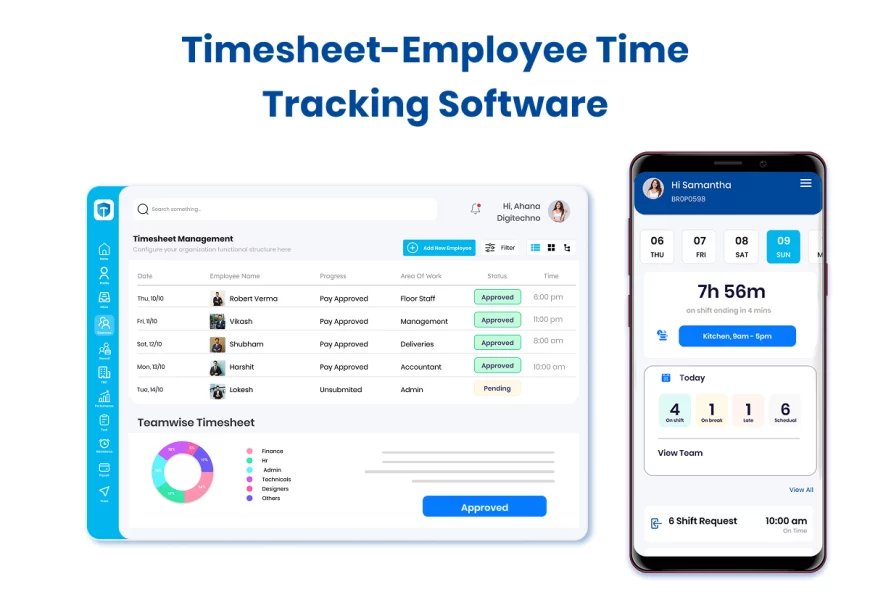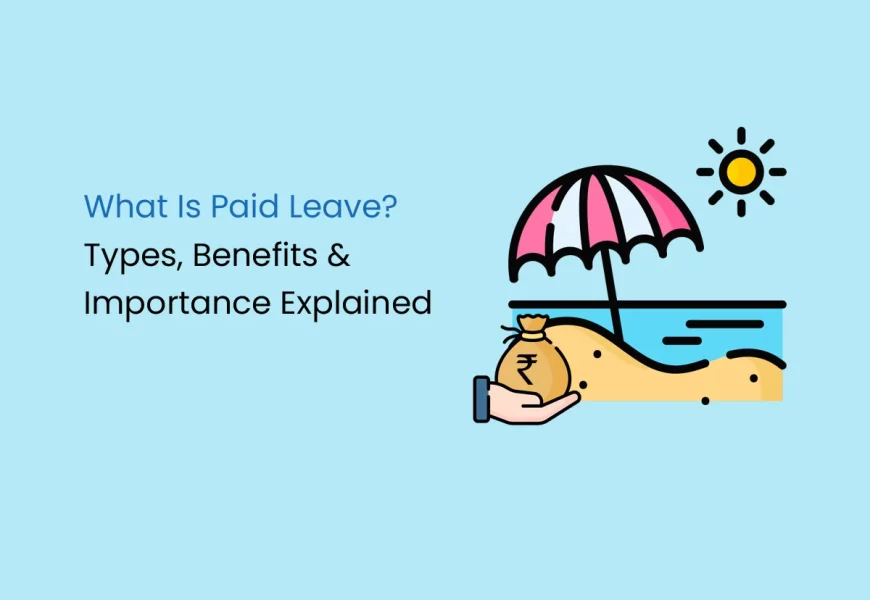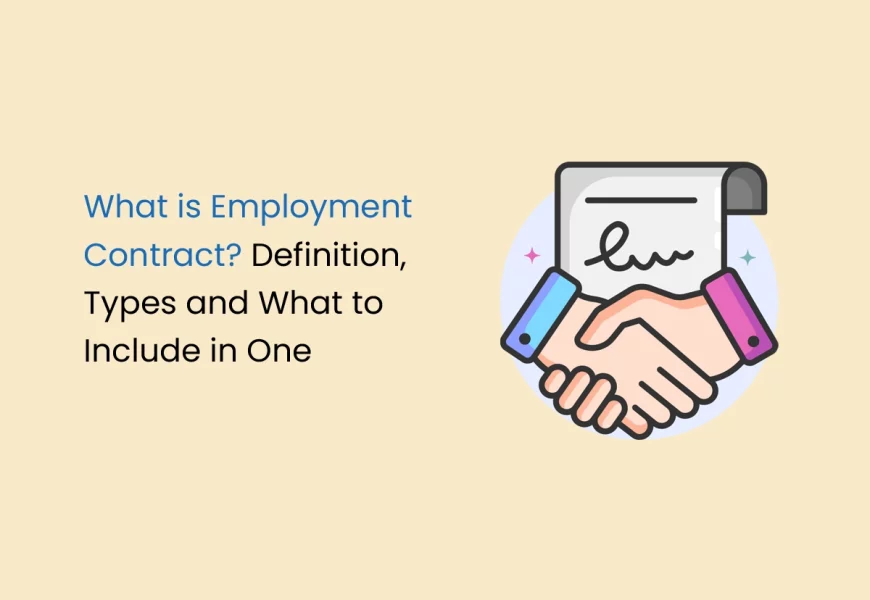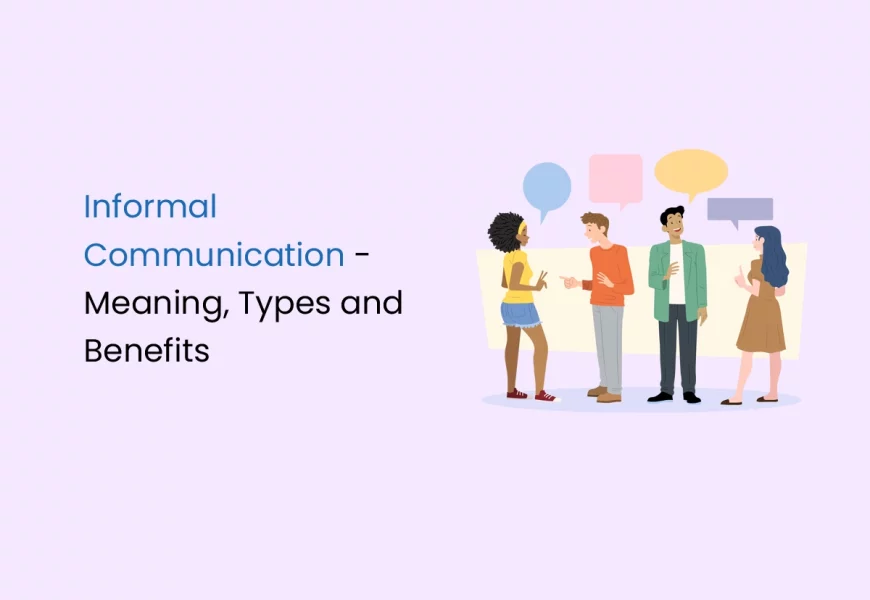Top HR Outsourcing Companies in India (2026)
As Indian businesses continue to grow and scale, managing people has become more challenging with time. Tasks like running payroll on time,...
Top Human Capital Management Companies in India (2026)
As companies get bigger and compete in a world that changes quickly, it’s more important than ever to be able to manage people well....
Bookkeeping vs Accounting: Key Differences You Must Know
Many business leaders use the terms “accounting” and “bookkeeping” as if they can be replaced. Since both involve...
Best HR Automation Software in 2026
The HR departments are not considered administrative support functions or cost centers. They have transformed into strategic growth engines...
Best HR Companies in India (2026 Guide)
With constant shifts in the business world, organizations need to take a fresh look at their HR approach. Talent competition is more...
Miss Punch Application: Meaning, Common Causes & How to Fix It
An everyday hustle to reach work, fortunately, helps you arrive at your office on time. As you go and settle in comfortably, you start...
Timesheet – Definition, Type, Uses, Template & Software Feature
Do you still track work hours on Excel sheets or paper? It’s time to rethink your process. A timesheet tracks the time employees...
What Is Paid Leave? Types, Benefits & Importance Explained
Understanding the concept of paid leave meaning is essential in today’s professional landscape. Paid leave is one of the most...
What is Employment Contract? Definition & Types
An employment contract is a legally enforceable agreement that defines the terms and conditions of the relationship between an employer and...
Informal Communication – Meaning, Types and Benefits
In the workplace, informal communication refers to the exchange of ideas, information, and messages between colleagues. This type of...




